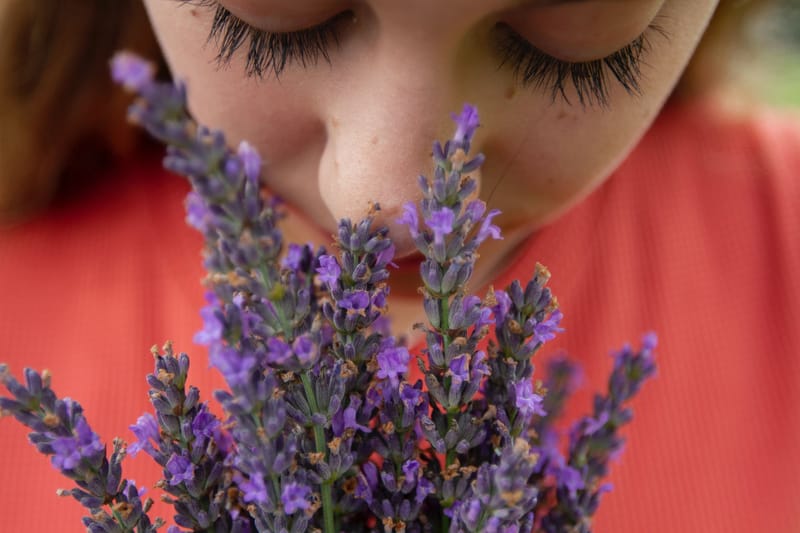COVID-19 & smell loss: how does it happen and how to regain it?

June 9, 2022
In a study recently published in Nature, researchers started to uncover an answer to how SARS-CoV-2 leads to the loss of the smell and what can be done to regain it.
The probability of smell loss decreases to only 17% for infection with the Omicron variant, from up to 50% for the alpha variant, the first variant of concern to spread out.
"A study published last month1 surveyed 616,318 people in the United States who have had COVID-19. It found that, compared with those who had been infected with the original virus, people who had contracted the Alpha variant — the first variant of concern to arise — were 50% as likely to have chemosensory disruption. This probability fell to 44% for the later Delta variant, and to 17% for the latest variant, Omicron.
But the news is not all good: a significant portion of people infected early in the pandemic still experience chemosensory effects. A 2021 study2 followed 100 people who had had mild cases of COVID-19 and 100 people who repeatedly tested negative. More than a year after their infections, 46% of those who had had COVID-19 still had smell problems; by contrast, just 10% of the control group had developed some smell loss, but for other reasons. Furthermore, 7% of those who had been infected still had total smell loss, or ‘anosmia’, at the end of the year. Given that more than 500 million cases of COVID-19 have been confirmed worldwide, tens of millions of people probably have lingering smell problems."
Evidence is now accumulating proving that people that lost their smell have fewer receptors on their membranes, although their neurons/olfactory receptor cells seem to be intact. Some people may have some gene mutations which predispose to the loss of smell.
Moreover, another study provided evidence that there are brain changes for people with SARS-CoV-2 - induced smell loss (Douaud, G. et al. Nature 604, 697–707 (2022))
by Michael Marshall / Nature
Read more here: COVID and smell loss: answers begin to emerge